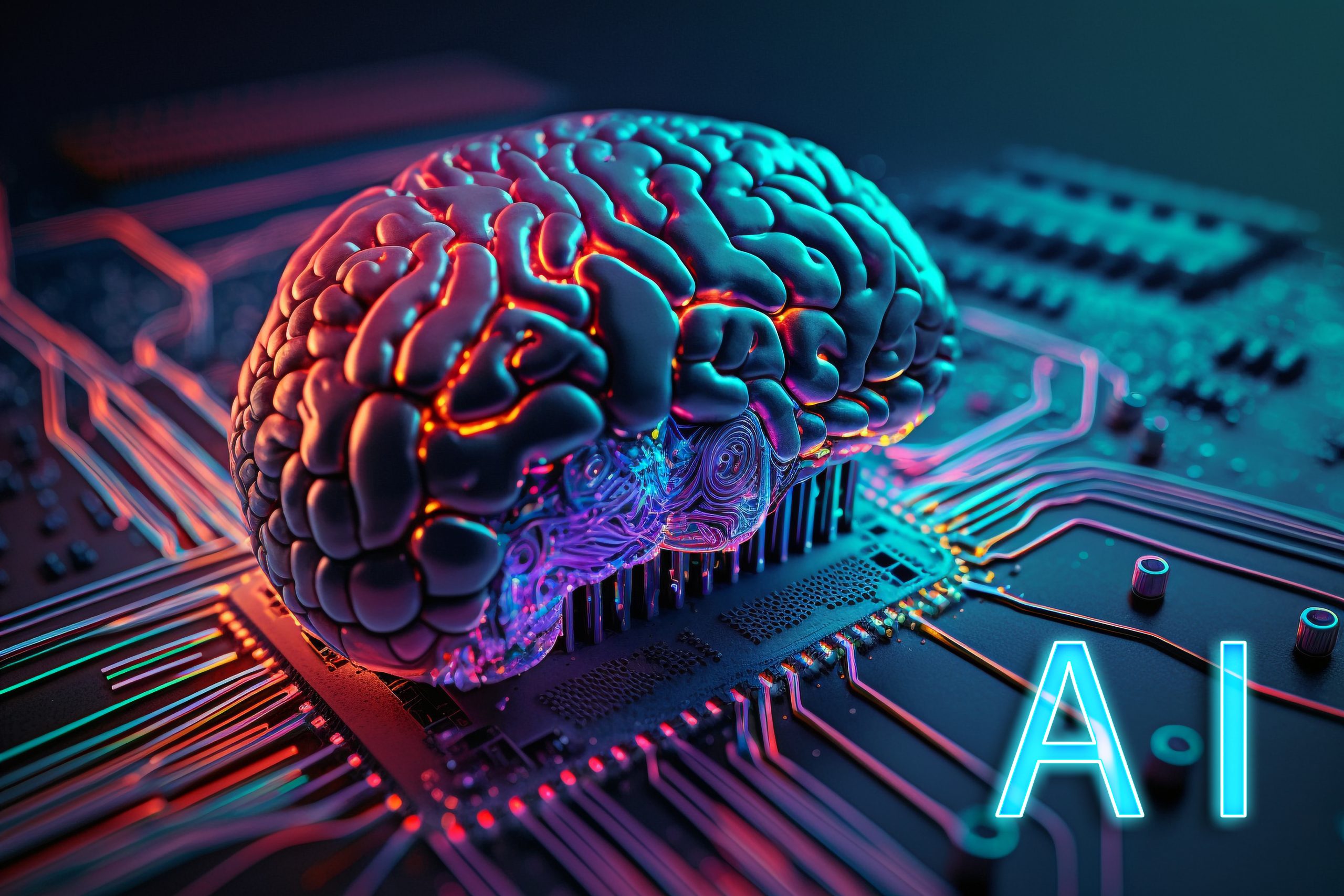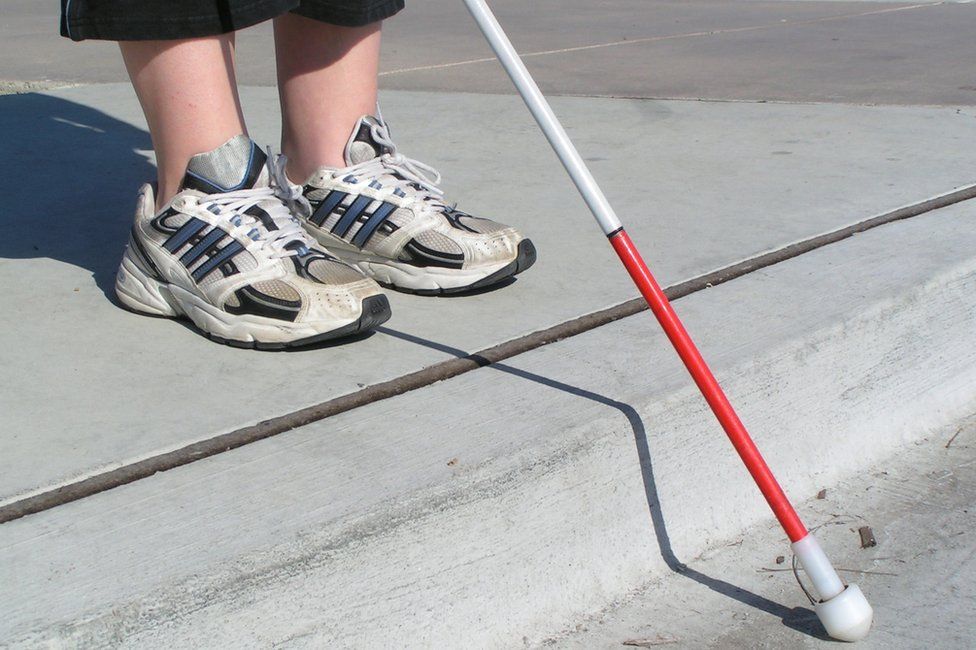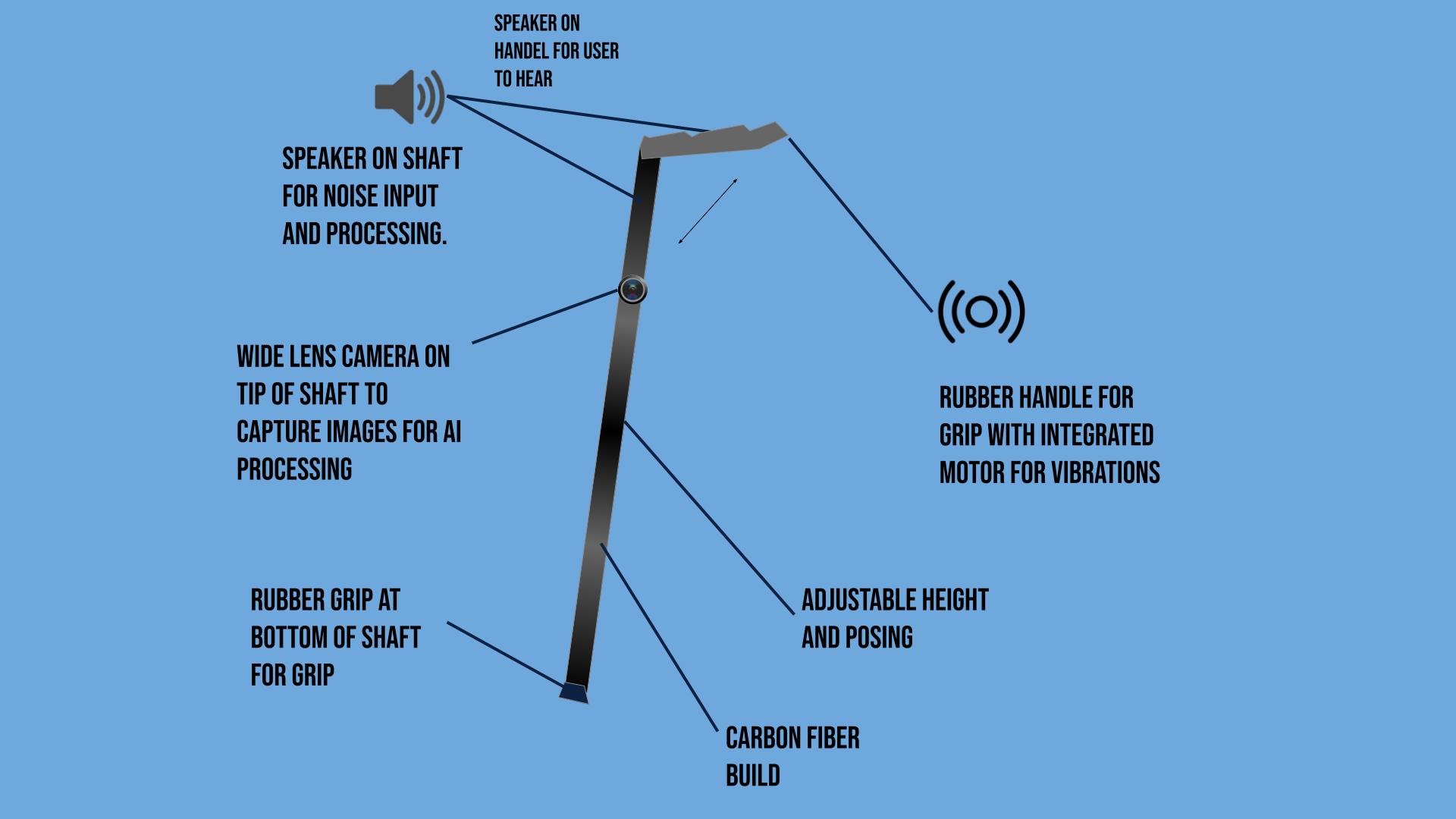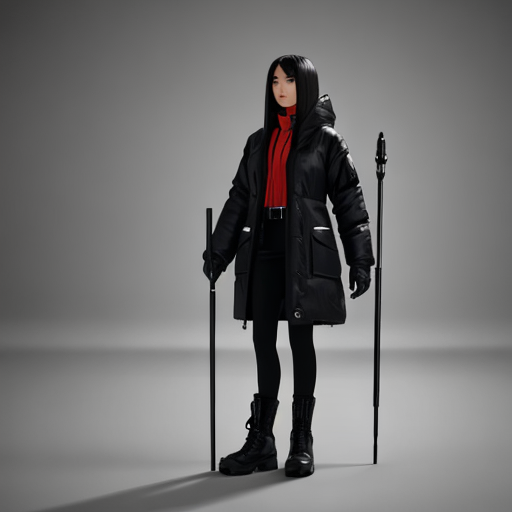Short Story
Meet Manvik, the Innovator who participated in Moonpreneur’s MoonBattle program Season 3, won the Title for Best Idea, and secured 1st Place in the MoonBattle competition. With his dedication and the guidance of the Subject Matter Experts, he developed the idea for The AI Cane for the Visually Impaired from scratch while pursuing his course.
Story
The AI Cane for the Visually Impaired, developed and refined during MoonBattle Season 3,
has earned an opportunity to compete at the
MoonBattle Conference 2024 in Milpitas, Silicon Valley
Welcome to the future of assistive technology with the revolutionary AI Cane for the Visually Impaired. Designed for the help of the blind, the Cane offers Cutting Edge Sensors as well as Artificial Intelligence technology to provide an unparalleled way of life. Unlike other smart Blind canes, Ours can use AI object detection to Alert the User that an object is incoming.

If you like their project, support The AI Cane for the Visually Impaired by sharing and liking it. The number of likes will enhance their chances of securing a spot at the event.
The Problem:
AI-powered blind cane stems from the challenges faced by visually impaired individuals in navigating their surroundings safely and independently. Traditional white canes offer basic assistance by detecting obstacles on the ground, but they lack the capability to identify obstacles at body or head level, provide navigational guidance, or offer contextual awareness of the environment.
Therefore, the problem lies in the need for a more advanced solution that can address these limitations and empower individuals with visual impairments to navigate with greater confidence and efficiency. An AI-powered blind cane aims to fill this gap by integrating cutting-edge technologies such as computer vision, machine learning, and sensor fusion to provide real-time obstacle detection, object recognition, and navigation assistance.
The Solution:
Introducing, the AI-powered blind cane! This remarkable cane seamlessly integrates cutting-edge technology, adaptive design, and user-based features to provide a revolutionary experience for its users.
At the heart of this innovative cane lies its advanced AI object detection system. Equipped with state-of-the-art sensors and artificial intelligence algorithms, the Blind Cane continuously scans the user’s surroundings, identifying obstacles and hazards in real time. With an extra wide camera located on the carbon fiber build, any object in front of the user will be recognized instantly. This approach to navigation gives users immediate awareness, allowing them to confidently traverse their environment. What sets our Blind Cane apart is its adaptability. The cane’s adjustable design ensures that it can be tailored to individual preferences. Its height can be easily customized, guaranteeing a comfortable and personalized fit for users.

Users receive the detected objects through a speaker integrated into the handle. However, what truly elevates this system is its adaptive sound environment technology. The speaker adjusts its volume, synchronized to the user’s surroundings. In busy and crowded energy environments, it increases the volume, ensuring they cut through the noise. Meanwhile, in mellow settings, it will have a softer volume, preventing disruptions to people around the user. This dynamic adaptation guarantees that users are alerted effectively without causing unnecessary disturbances. Beyond the AI-powered cane’s many technological features, the Blind Cane has incredible durability and portability. Crafted from high-quality materials, such as carbon fiber and high-quality rubber, it withstands the harshness of daily use.
From the advanced sensors and AI object detection to the sound pollution detection to the incredible build, it’s clear that The AI-powered blind cane is a perfect companion for the visually impaired. It’s not only a device, but an extension of the user’s body—a tool that is natural and intuitive to use.
Safety:
There are many hazards in today’s world and for the visually impaired it’s even harder. From sharp objects to Diseases, poking around to read Braille (To understand what an object is) will lead to the spread of diseases or injury. With a touch-free system, it will be much safer for everybody.

AI Detection:
Uses an Object Detection Software that provides real-time recognition. Unlike other Smart Canes that only use sensors, With a camera we are able to give perfectly accurate outputs on what the object that’s in front of you is.

User Experience:
So what if it can detect objects? How will the user know? The Handle has a Speaker which allows for Speech to Be said directly to the user. For example, if you’re approaching a fire hydrant, It’ll Recognize and will speak “Fire Hydrant”.

Sound Pollution Detections:
With sensors to detect the sound environment around you, the speaker can adjust to the perfect volume for the user to be able to hear but not screaming loud. For example, the speakers will be much louder in a Subway Station than in a house.
Versatility/Adjustability:
The Stick offers many levels of adjustability. For example, you could turn off speakers completely and instead use vibrations located in the handle. Height can be adjusted as well as the placement of the camera. This is very crucial as there are restrictions that certain environments have.

TAM, SAM, and SOM:
TAM – 2.2 Billion
SAM – 32 Million in America
SOM – 10,000-100,000 maybe even 1 million
Packaging:
- The AI Blind Stick will have multiple layers of packaging and Will have packing peanuts to ensure the safety of the Stick
- Inside the box will be a case with latches for easy opening for the visually impaired
- Inside the case will be padding and the components.
- There will be both a braille and online video which will be easy to access for the blind.
Cost:
Variable Cost – 350-450 USD
Fixed Cost – 350 USD
Profit Margin – 75 USD out of 400 USD ˜19% Profit
Taken into account:
- Advertising
- Shipping
- Labor
- Packaging
- Cost
- Marketing
- Manufacturing Cost
Testimonials:
From Google Forms
- This pitch idea is solid and It could do good
- The presentation of the AI Stick is amazing!
- If was blind I would use this.
Conclusion:
The AI-powered blind stick is a smart companion for independence and safety. From the AI Powered Object Detection to the Sound Pollution Detection The AI Powered Blind Cane lets you experience the world through a new lens – Your Vision Beyond Sight.

Story
The objective of creating an AI-powered blind cane is to empower individuals with visual impairments to navigate their surroundings safely, independently, and with confidence. By integrating artificial intelligence (AI) technologies such as computer vision, machine learning, and sensor fusion, the cane aims to provide real-time assistance in detecting obstacles, recognizing objects, and navigating complex environments.
Specific objectives include:
- Enhanced Obstacle Detection: Develop algorithms to accurately detect obstacles in the user’s path, including objects at different heights and in various environments, to prevent collisions and ensure safe navigation.
- Object Recognition: Implement computer vision techniques to recognize objects of interest, such as doors, chairs, or stairs, providing users with contextual information to make informed decisions about their surroundings.
- Navigation Assistance: Provide auditory or haptic feedback to guide users along safe routes and help them navigate complex environments, including indoor spaces, outdoor areas, and public transportation systems.
- User Interface Accessibility: Design an intuitive and user-friendly interface that allows individuals with visual impairments to interact with the device easily, access its features, and customize settings according to their preferences and needs.
- Mobility and Independence: Enable users to move around freely and independently, reducing reliance on assistance from others and promoting greater autonomy in daily activities and travel.
- Safety and Confidence: Enhance users’ sense of safety and confidence by alerting them to potential hazards, providing timely guidance, and equipping them with tools to navigate unfamiliar or challenging environments effectively.
Overall, the objective of creating an AI-powered blind cane is to improve the quality of life for individuals with visual impairments by leveraging advanced technologies to overcome mobility challenges and facilitate greater independence in navigating the world around them.







Reviews
There are no reviews yet.